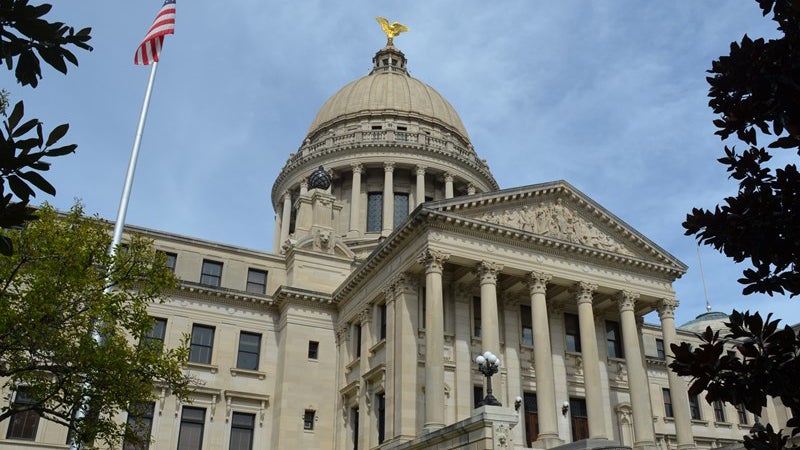Minimum wage hike discussion offers mixed responses
Published 8:50 pm Saturday, March 8, 2014
Democrats argue that hiking the minimum wage will boost the economy while Republicans say it will destroy jobs for low income wage earners.
President Obama is urging lawmakers to raise the federal minimum wage to $10.10 an hour, saying this will bring millions of Americans out of poverty. He is also urging Americans to ask their lawmakers if they support the raise, and to ask if they do not, why?
Local business owners were reluctant to give a comment for this article, but reports recently released from Washington, D.C., from Small Business Majority and the Wells Fargo/Gallup Small Business Index show that small business owners are split over whether an increase would be good for business.
Brookhaven-Lincoln County Chamber of Commerce Executive Director Garrick Combs said the chamber takes the point of view of the business owner.
“That’s who our members are,” Combs said. “And, from a business owner’s perspective, it’s an obvious cost increase.”
Director at Win Job Center in Brookhaven Ora Franklin said it might hurt a lot of the smaller “mom and pop” stores, “but for larger companies where there are a number of people full time making above minimum wage, it may not be an issue.”
The Gallup poll questioned small business owners about the impact of raising the minimum wage, but used $9.50 as their figure. Fifty percent disapproved while 47 percent approved. The Gallup poll asked the general public and found that 75 percent agreed that it was time minimum wage workers saw an increase, but noted that the public has always been in favor for pay raises for the working poor in every poll conducted on the subject.
The press release from Small Business Majority, a forum of small business owners who actively engage other owners and their local policy makers, said the majority of owners were in favor of a minimum wage hike. The forum hired Greenberg Quinlan Rosner Research, a professional polling and consulting firm, to conduct a scientific poll asking small business owners if they agreed with raising the $7.25 an hour minimum wage to $10.10 an hour.
They found that 57 percent of owners supported raising the federal minimum wage over a period of two and a half years to $10.10 an hour, and then a cost of living increase each year following. The poll revealed that 61 percent of retail restaurant industries supported the raise.
The news release cited business owners who believed the raise would give poor Americans more money to spend, which would in turn increase demand and boost the business that walked through their doors.
But, Republicans say the findings show that the pay raise will kill the struggling job market, reduce benefits and reduce worker hours.
The Gallup poll revealed that 45 percent of small businesses owners say they would reduce spending, lay off workers or reduce employee benefits. Thirty one percent of owners don’t think it will have much effect on the business community and 6 percent say it will help businesses.
Franklin has her finger on the pulse of job openings in the area and said she doesn’t foresee a decrease in job postings, but believes the benefits of a pay raise will be something to watch for.
“It will be a wait and see game to see if people will spend more money after the raise goes into affect. Because when you increase minimum wage you are going to have reductions in other places – in personnel or in hours.”
Combs said the increase could have a widespread effect.
“It’s could have a domino effect,” Combs said. “There’s a potential for that domino effect to create an amount of inflation that will be felt all along the food chain – from production to shipping.”
Another problem small businesses say they are concerned with is competing for quality personnel. The Gallup poll showed that 74 percent of them did not believe they would be able to hire qualified people as a result of the pay raise.
Combs said business owners are concerned with competing for good workers.
“How you position your pay scale, what value you place on your workforce, will in turn affect how you attract qualified labor,” Combs explained. “If we have a pay raise go into effect, then suddenly, businesses are competing in ways they never were before.”





